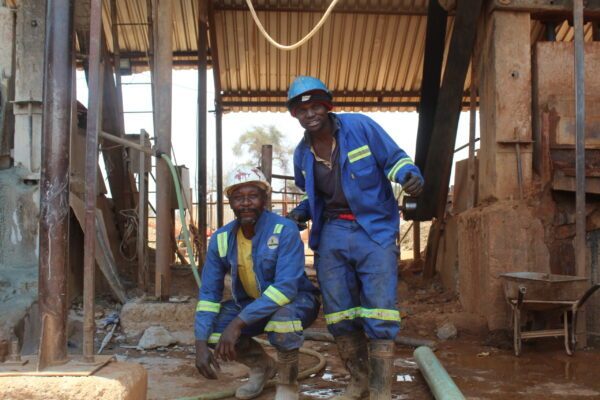MINE workers’ unions have bemoaned overtaxing of employees in the sector saying this leaves them with little disposable income, making it difficult to survive during the current economic hardships.
Last week, unions representing miners toured mining firms throughout the country to carry out awareness campaigns for workers on labour and sexual harassment rights.
Industrial Zimbabwe Youth Committee chairperson Tafadzwa Chidindi said from the five-day campaign, it emerged that mineworkers were overtaxed.
“Of the workers we interviewed and interacted with, our findings were that seven out of 10 complained of pay-as-you-earn (Paye) deductions which they said left them with nothing on their payslips,” he said.
“At Old Nick Mine in Bulawayo, workers feel they are being overtaxed and showed us their payslips, where the minimum wage was $30 500 for the mining sector. The Zimbabwe Diamond and Allied Mineral Workers Union (Zidamwu) negotiated that 52% of the total amount should be in United States dollars, while 48% is paid in local
currency.
“After statutory deductions such as National Social Security Authority (Nssa), Paye and others, employees said they end up taking home around $19 000, which is less than US$150.”
Chidindi said at Old Nick Mine, most workers had $1 200 deducted by Nssa, and they were unhappy about it saying the social security authority’s deductions should not exceed $450.
The unions decried lack of participation by women in the mining sector.
“The absorption of female employees in the mining sector is still low. Some mines do not even have ablution facilities for ladies at the workplace,” he said.
“At Old Nick Mine, there are few female workers regardless of the fact that it is located a few metres from the Zimbabwe School of Mines.”
In Gwanda at Farvic Mine, most underground workers were said to be employed under fixed-term contracts despite a 2003 statutory instrument, which states that they should be permanently employed.
“Their payslips stated that they were permanent employees, yet in reality, they are being considered as temporary employees. We also visited Zimbabwe Zhongxin Electrical Energy Company in Hwange, which produces electricity using gas,” Chidindi said.
“The Chinese owned company has around 100 Chinese and around 30 local employees. The plant hasn’t been commissioned as yet and after the commissioning, the company said it would then be able to absorb more locals.”
NewsDay

